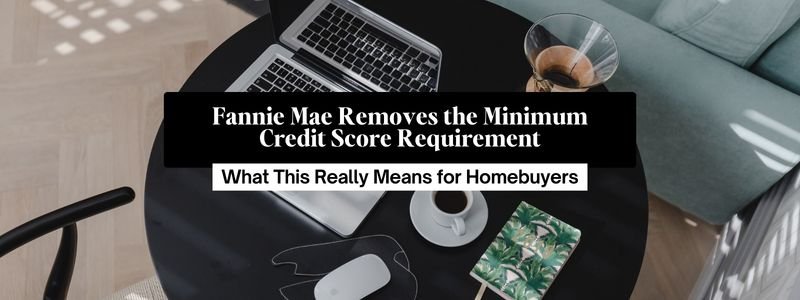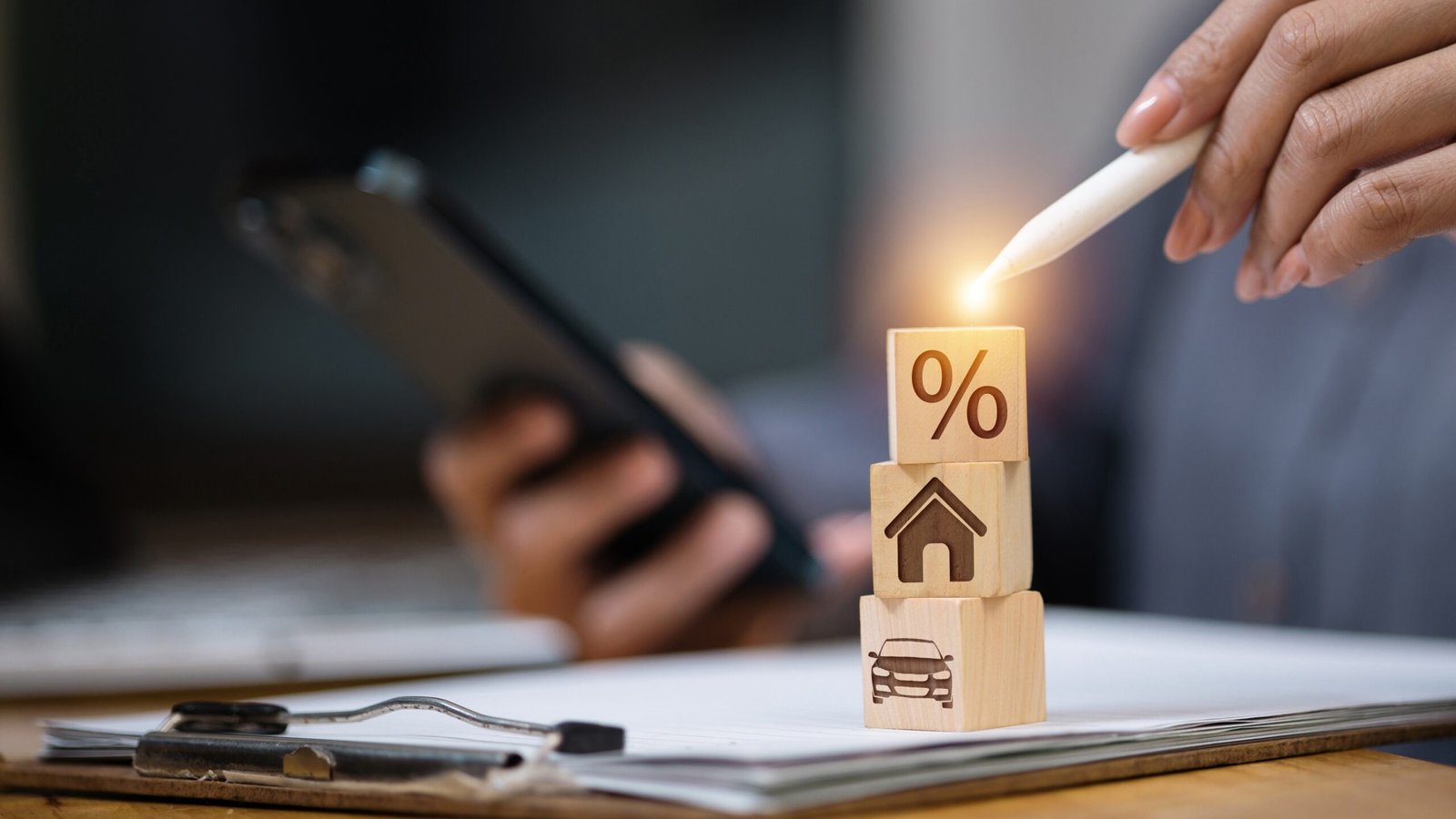
How to Negotiate Personal Property in a Raleigh Home Purchase
When purchasing a home in Raleigh, North Carolina, buyers often focus on aspects like square footage, neighborhood amenities, and financing options. However, an often-overlooked opportunity lies in negotiating the inclusion of personal property—items not permanently affixed to the property—such as furniture, appliances, or that enticing pool table in the basement. Understanding how to effectively incorporate personal property into your real estate transaction can enhance your new home’s comfort and potentially offer financial advantages.
Understanding Personal Property in Real Estate Transactions
In real estate, personal property refers to movable items that are not permanently attached to the home. This contrasts with real property, which includes the land and anything permanently affixed to it, like the house itself or built-in fixtures. Common examples of personal property include furniture, electronics, and freestanding appliances.
Negotiating Personal Property: Opportunities and Considerations
Sellers downsizing or relocating may prefer to leave certain items behind, presenting an opportunity for buyers to acquire additional assets. Negotiating for personal property can be mutually beneficial: sellers avoid the hassle of moving bulky items, and buyers gain furnishings that fit the home. However, it’s essential to approach these negotiations thoughtfully.
Incorporating Personal Property into the Purchase Agreement
When both parties agree to include personal property in the sale, it’s crucial to document these items explicitly in the purchase agreement. This clarity helps prevent misunderstandings and ensures all parties have a shared expectation. In North Carolina, the North Carolina Association of REALTORS® provides standard forms that can be used to list personal property included in the sale.
Impact on Mortgage Financing
Including personal property in a real estate transaction can have implications for mortgage financing. Lenders focus on financing real property and may have guidelines regarding the inclusion of personal property in the purchase agreement. Some lenders may require the value of significant personal property items to be deducted from the appraised value of the property, potentially affecting the loan amount. It’s advisable to consult with your lender to understand their specific policies.
Tax Implications in North Carolina
In North Carolina, personal property is subject to taxation. When personal property is included in a home purchase, it’s important to consider potential tax obligations. Consulting with a tax professional or local tax authority can provide guidance tailored to your situation.
Best Practices for Buyers
-
Prioritize Needs: Focus on personal property items that add genuine value or convenience to your new home.
-
Conduct Due Diligence: Assess the condition and functionality of items included in the sale.
-
Seek Professional Advice: Engage with your real estate agent and lender to navigate the complexities of including personal property in your transaction.
Conclusion
Negotiating the inclusion of personal property in your Raleigh home purchase can enhance your living experience and offer financial benefits. By understanding the distinctions between personal and real property, effectively incorporating items into your purchase agreement, and consulting with professionals, you can navigate this aspect of your home-buying journey with confidence.
For personalized guidance on navigating real estate transactions in Raleigh, reach out to the Raleigh Team of mortgage experts at Certified Home Loans. Our team is dedicated to assisting you through every step of the home-buying process, ensuring a smooth and informed experience. Visit our Contact Us page to get started.





